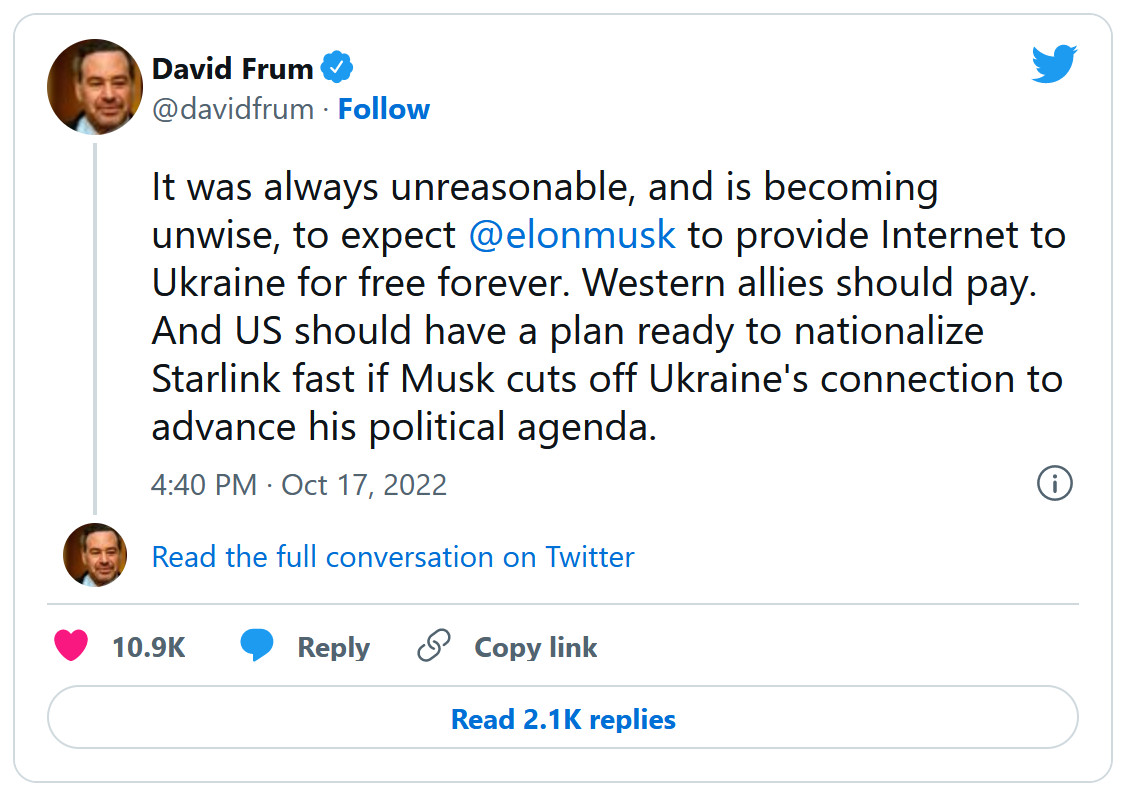HOW IT STARTED:
One hundred years ago this week, Woodrow Wilson took the oath of office, and still, after all this time, Americans cannot make up their minds about him.
Wilson was the great idealist whose first inaugural address lamented the “groans and agony” of the “men and women and children upon whom the dead weight and burden” of industrialization had fallen, who made himself the voice of “the solemn, moving undertone of our life, coming up out of the mines and factories.”
Wilson was also the most disdainful racist to hold the presidency since Andrew Johnson in the 1860s. Wilson’s administration sought to remove black Americans from all but the most menial federal employment. Those who could not be removed were required to work in spaces screened from public view and to use segregated lunchrooms and toilets. When a black newspaper editor led a delegation to Washington to protest the introduction of Southern Jim Crow into the national government, Wilson — a slaveholder’s son — retorted that segregation “was not humiliating, but a benefit” to black people.
Wilson led the United States into the First World War in April 1917, justifying his decision in characteristically idealistic language: “to make the world safe for democracy.” Only five months before, he had won reelection on an antiwar platform: “he kept us out of war.”
Wilson’s detractors accused him of hypocrisy: talking peace while preparing for war. Yet the truth is even worse. Wilson utterly failed to prepare for war. Unlike Franklin Roosevelt, who used the delayed U.S. entry into World War II to mobilize and train, Wilson was caught off guard by the resumption of German submarine warfare. In World War II, the United States would serve as the great arsenal of democracy. In World War I, American troops crossed the Atlantic protected by British warships; American pilots flew French airplanes. Wilson’s chosen commander, John Pershing, refused to learn from the fearful experience of the Allied armies, instead ordering U.S. forces into the terrible battles of 1918 using the tactics that had so horribly failed the French and British in 1915 and 1916. The result: American troops took far heavier casualties to win much poorer results than their British, Canadian, and Australian counterparts did during the decisive 100 days’ campaign of August–November 1918.
—“Mystery Man,” David Frum, Newsweek, March 11th, 2013.
How it’s going:
* * * * * * * * *
Frum offers a case in point. He’s advocating seizing the property of a private American citizen to help win a war the United States is not even an active participant in. It doesn’t seem to have occurred to Frum that the precedent he cites, unjust as it was, occurred while America was actually fighting in World War I. Furthermore, it was only done after Congress had passed the Army Appropriations Act, which gave the president war powers to take over the nation’s transportation systems.
Frum might get many things wrong on policy, but he’s a smart man (not to mention a talented writer); so I think he knows all this. His error is that he’s putting ends before means, which is a serious moral mistake.
The bottom line is Starlink belongs to Elon Musk, not the US government, which has no right to it. Plunder, even when it is “legal,” doesn’t become just when the government does it.
—“Former Bush Speechwriter Says Feds Should Plan to Seize Starlink Form Elon Musk,” Fee.org, today.

